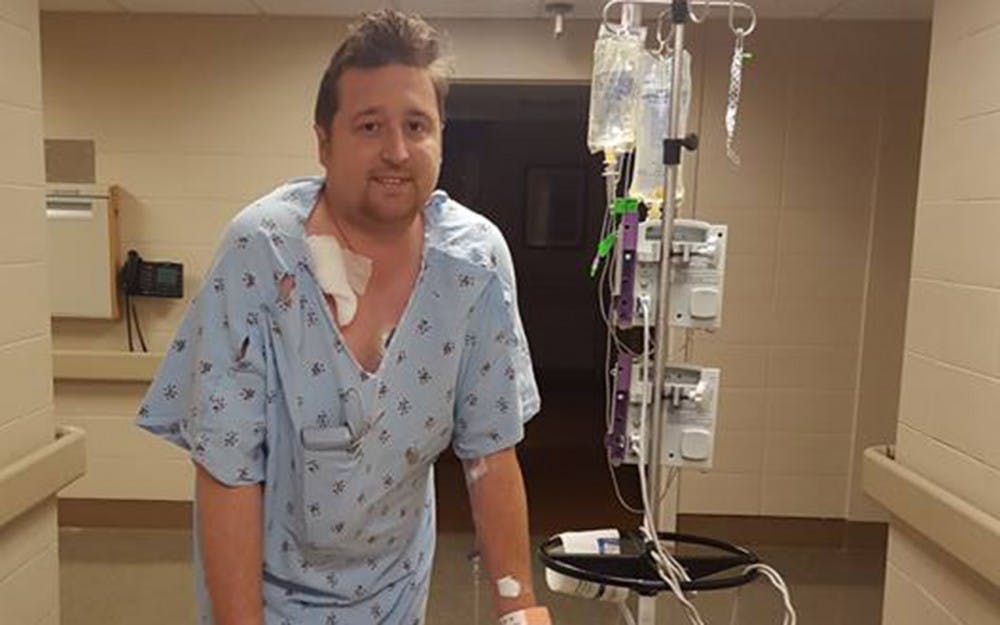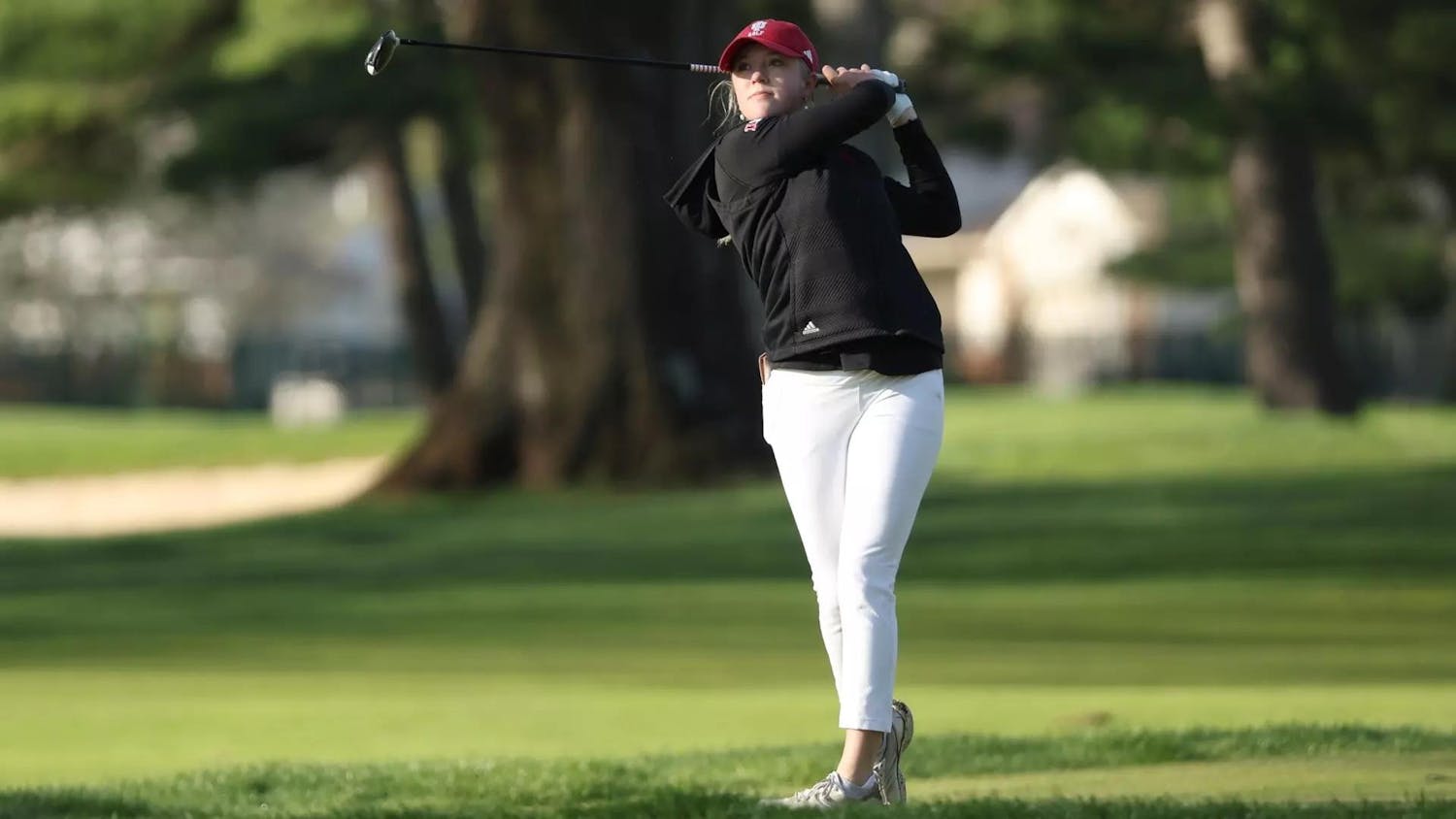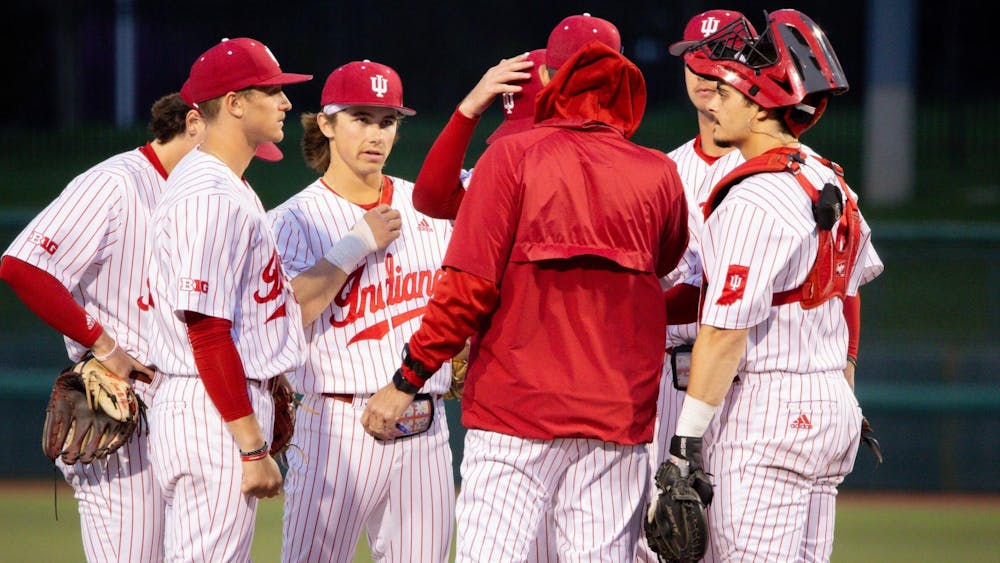Steve Winfree sat by his younger foster daughter on their couch the day after Christmas. His 6-foot-2 frame towered over her tiny frame.
The 7- and 9-year-old girls had been placed in Steve and Heather Winfree’s care in June 2016 after being removed from an abusive home. For the safety of the girls, their identities will remain anonymous.
“I’ll leave it to your imagination, but if you ask me, he deserves to have it chopped off,” Steve said about the girls’ abuser.
Steve, then 30 years old, had never been a father before. Heather, then 26, hadn’t been a mother. Now 31 and 27, respectively, neither knew they could become attached to two little girls so quickly — not after just six months.
The parents were ecstatic. They were a family.
The Winfrees celebrated their first Christmas as a family the night before Steve and the 7-year-old cuddled next to each other. It was the girls’ first Christmas ever.
However, as Steve looked down at his daughter, he lamented the fact that they were being placed with a new family in the morning, just two days after Christmas.
Steve’s poor health had taken a toll on the family so much so that the Winfrees decided they could no longer meet the children’s needs.
Steve thought about sitting on the same couch watching then-Tennessee football offensive coordinator Mike DeBord with Heather and the girls during the 2016 season. He was a lifetime fan, but none of the girls cared about football until meeting Steve.
He felt more like a burden now than ever.
“I know why God put me in foster care,” the youngest said to Steve.
“Why’s that?” Steve replied.
“To give me you.”
***
Steve committed to play college basketball at Maryville College just outside of Knoxville, Tennessee.
Just weeks away from the beginning of the 2003 season, then-freshman Steve took the annual physical with the team. It is a procedure that every college basketball team does before the season.
Steve discovered his blood pressure — 190/120 — was extremely high. The doctor diagnosed an 18-year-old Steve with chronic kidney disease.
His kidneys were going to fail.
Three years later, Steve started suffering from gout attacks — painful inflammation in the joints caused by uric acid. At first the attacks began as a few per year and increased to a few per month.
“It feels like somebody lit a knife on fire and just keeps jabbing at my joints,” Steve said. “And it hurts all over my body. It can be hard to move sometimes.”
In addition to the two chronic diseases, Steve suffers from adult-onset type 1 diabetes, which reacts to his other ailments and adds to the pain.
The combination of the three diseases makes Steve one of the most distinct cases in the world, his doctor told him. While his body overproduces uric acid, he’s allergic to the only medication to relieve his gout attacks.
Dialysis was the last and only resort until he finds a kidney transplant.
The ailments have hindered Steve’s otherwise successful life.
He had a toe amputated as a result of gout arthritis, put his sport business career on hold for eight months and spent many nights in hospitals fighting for his life.
Now, he felt responsible for his girls being placed with a different family.
***
Heather’s birthday is Jan. 20, less than a month after the girls left, and Steve surprised her with an arrangement to have dinner at Connor’s Steak and Seafood with them.
It was the first time they had seen them since Dec. 27.
The dinner made Heather reminisce on the year before — talking to Steve about foster care in early spring, finishing training in May and falling in love with the girls before they even met in June.
The girls had entered the agency the same day the Winfrees had finished training. Their representative talked to Steve and Heather about the two girls briefly, and when it was time to place children with the Winfrees a few weeks later, the girls were brought up again.
The oldest was sassy like a performer, and the youngest was just like Steve, nurturing and able to make friends with anybody, Heather said. They were both as strong as 7- and 9-year-olds can get.
“They showed us pictures the same time they told us what behaviors they might exude as a result of their situations,” Steve said. “I don’t even remember what they said about their behaviors. It’s amazing how you can prepare yourself, but then you see their pictures and none of it matters.”
The connection happened quickly, and the Winfrees were a typical family in no time.
There was love in the household — consistent, genuine love for the girls. It was love they hadn’t felt before.
Steve said he remembers walking with the younger daughter one day as they had a conversation about God. He called her “mini Yoda” for her ability to have conversations well above a typical 7-year-old’s maturity level.
She stopped and said, “Daddy, you’ve changed my life.”
“Well, how’d I do that?” Steve asked, surprised.
“Because you’ve shown me to never give up,” she answered.
That night Steve cried. Foster parents don’t usually get that type of affirmation, he said. Foster children are constantly trying to sell themselves as good and adoptable that the relationship doesn’t progress that quickly.
But the Winfrees weren’t two ordinary foster parents, and the girls weren’t ordinary foster kids. The girls were strong, and the Winfrees were foster parents by choice. They said they wanted to help children that needed a home.
That’s what made it so difficult when Steve and Heather chose not to adopt them.
“They’ve been in the system for so long,” Steve said. “They understand. They ask questions. It’s so hard to say no to a child that asks if you’re going to be their dad. Then they ask why. No training can prepare you to answer the why.”
Saying goodbye without knowing whether they’d see them again was the hardest part, Heather said. It was worse than grieving a death.
Nearly two months after their separation, it’s still a hard pill to swallow, but it’s easier knowing the girls’ new parents are good people, Heather said.
Their new parents allowed the birthday dinner to happen, and they make an effort to maintain a relationship between the Winfrees and the girls.
However, it’s not the same. The girls will always be their children.
“They told us we’d always be mommy and daddy to them,” Steve said. “And that their new parents were just mom and dad. It’s hard to hear that and then watch them get into someone else’s car.”
***
Mike DeBord was there for all of this — not in person, but in support.
The new IU offensive coordinator was in his second season at Tennessee at the same position when Steve tweeted some inspiration to the Volunteers’ coach.
“@UTCoachDeBo I faced 60% chance of death during sepsis shock & organ failure & I WON. Tell the team anything can happen w/ faith. I’m proof,” Steve tweeted.
DeBord saw that tweet and subsequent tweets from Steve later on and decided to reach out to him through direct message to show Steve support.
That sparked a relationship between the die-hard Tennessee football fan and the coach.
Steve continued to tweet at the coach and at Tennessee quarterback Josh Dobbs as a positive model of success, and hoped to inspire the team as a whole. Dobbs and DeBord messaged Steve through all the struggles— through his amputation in September, through his first dialysis in November, through the girls’ departure in December.
“He was just being very supportive and positive in a place that can breed a lot of negativity,” DeBord said about Steve. “I saw what he was going through and decided to reach out. It’s humbling to know I was supportive for someone like him.”
Heather will always remember the excitement Steve felt when DeBord and Dobbs would tweet at him and wish him well. Any supporter of her husband is a friend of hers, she said.
While still awaiting a kidney transplant and gritting his teeth through the pain of gout attacks, Steve said he wouldn’t want to change his life at all.
Missing out on his college basketball career introduced him to Heather in graduate school at Middle Tennessee State University. She’s one of the biggest reasons why he still fights, he said.
The chronic disease fighter will represent the 31 million Americans that suffer from chronic kidney disease when he travels to Washington, D.C., on March 8 to speak to Congress and raise awareness.
Even with his plans ahead, Steve said he still wants to meet DeBord in person and maybe see a game in Bloomington.
“I just want to shake his hand,” Steve said. “And let him know what his support has done for me.”






